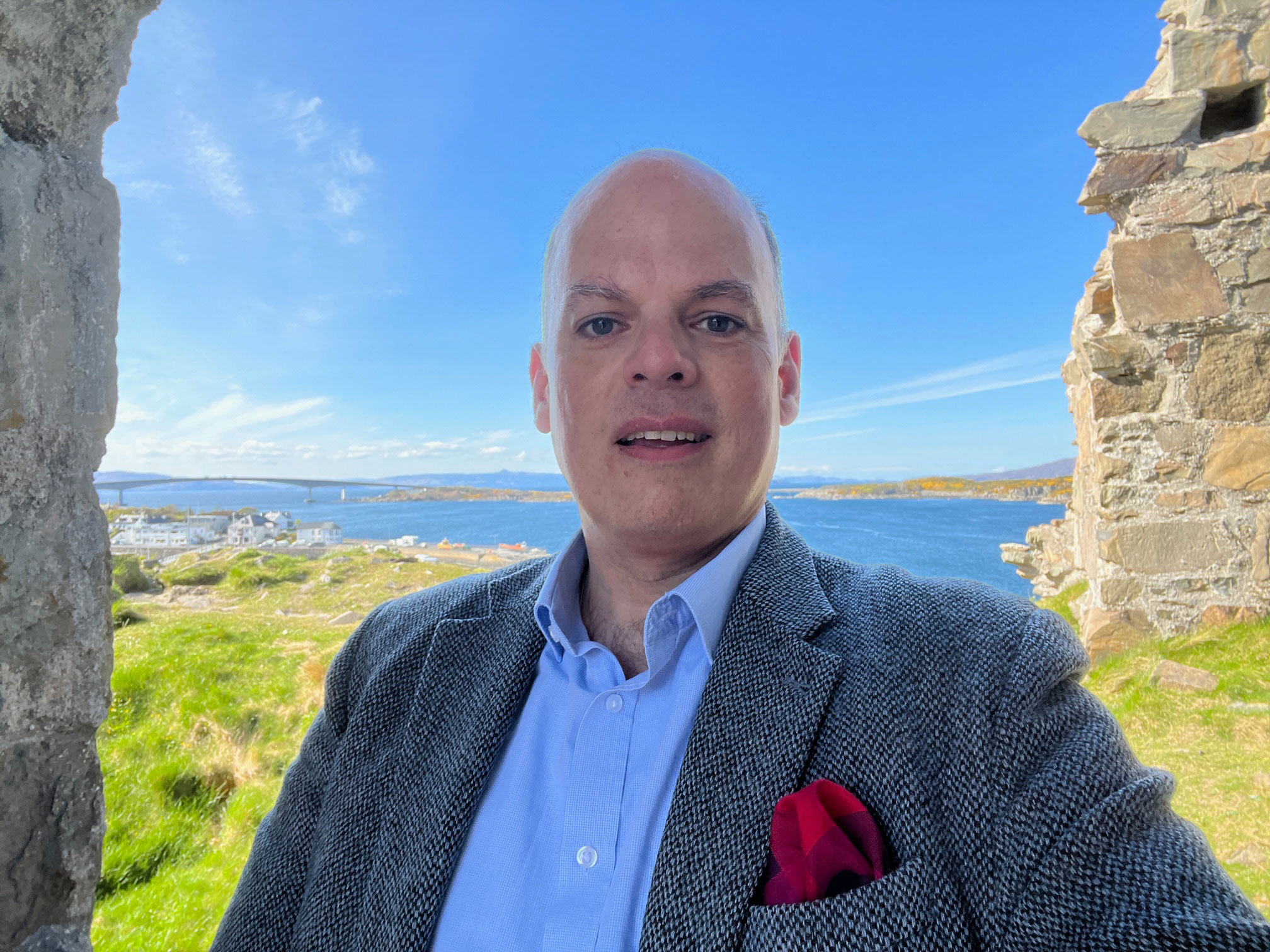
Andreas G. Wolff
Born and bred in Berlin, Germany I have been a journalist with BBC Radio nan Gàidheal and BBC ALBA (tv) for 15 years and am based in the Highlands of Scotland. Having studied an Honors degree in Scottish Gaelic I also taught a language class in the past and am currently Gaelic tutor and president of Taynuilt Gaelic Choir. Currently practicing Fering, Swedish, Scots and Mandarin, I am fluent in 9 other languages.
What level of support should we afford minority languages? - Comparing Germany and the UK
Why should we waste limited government resources and try to keep minority languages on life support when many of them are going to die over time anyway? It may sound plausible that health spending e.g. is more important than culture. But the German constitution states that nobody should be discriminated because of their language and that Germany advocates for justice in the world. One may wonder whether this applies to its native minorities, too. This talk will look at the example of the Frisian minority in Northern Germany. In the large majority of schools Frisian is a voluntary after school subject if it is offered at all. Public service broadcasting in the language is almost non-existent. Could this constitute cultural imperialism, be discriminatory and thus be anti-constitutional? If so, whose fault is it? For a minority of 10,000 speakers a number of organisations are competing for 350,000 Euros of public money p.a. On the other hand the Western Isles Council in Scotland took the progressive decision to make Gaelic medium education the default position and parents have to opt out if they want their children to be educated in English. The BBC run a Gaelic language radio and tv station and overall ca. 30m Euros are invested in the language p.a. Is that too much for 60,000 speakers? Also learn a bit about the cultures and a few words of Gaelic and of the biggest Northern Frisian dialect of Fering from the quadrilingual island of Feer/ Föhr.

